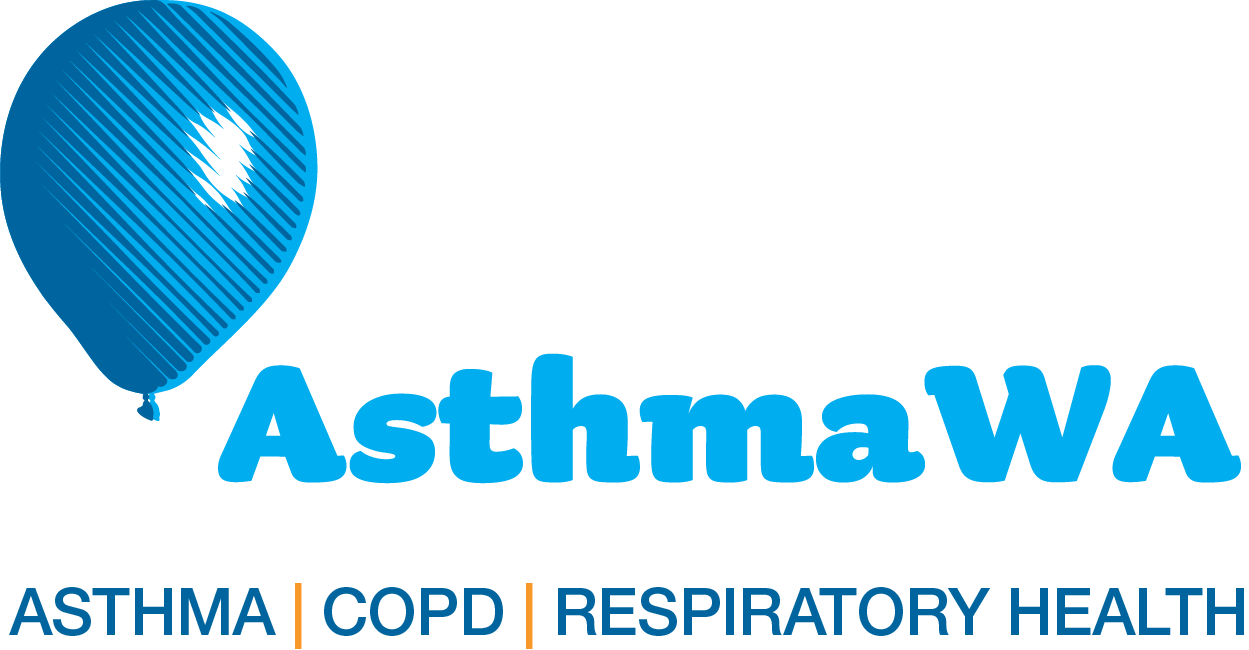Nobody wants to wear a face mask. They often give an unpleasant feeling as we have to work harder at our breathing. This sensation can be especially difficult for people with asthma or COPD who associate working harder at their breathing with wheeze. It is therefore understandable that some people are asking their GPs for a mask exemption.
Most people with asthma and/or COPD are able to wear a face mask for periods of time, even if their condition is severe. If you find it difficult, there may be alternative types of coverings or fabrics you feel more comfortable with, or it may be a good time to look at your asthma control.
The existing rules around mask-wearing are that some groups of people don’t need to wear one, including children under 12, people with a disability which affects their ability to wear a mask, if it would cause a risk to someone’s health, and in the case of an emergency. It is therefore clear that if someone was to experience an asthma attack outside, they could remove their mask for as long as it took to recover.
Our advice is that there is no need for people to ask for an exemption to the mask rules due to their asthma. Indeed, we often recommend that people with asthma wear masks when exercising outdoors, particularly in colder weather. People who do this often get less wheezy. This recommendation is based on research evidence from the last 40 years that shows masks can make the air warmer and more moist and help filter out particulates from pollution and fires that all can trigger wheeze and asthma flare-ups.
In addition, there is currently no evidence to support exemptions from wearing face masks for people living with lung conditions such as asthma and COPD. Not wearing a facemask when they are mandated results in the individual being at a much greater risk of contracting COVID-19. Although wearing a mask can feel unpleasant, it is important to remember that the mask is breathable and does not interfere with a person’s ability to breathe, even if you have asthma or COPD. People on social media have complained of symptoms such as light-headedness, chest tightness and a sense of anxiety when wearing a mask and think that the mask is therefore interfering with their ability to get rid of carbon dioxide. These symptoms can be caused by the person over-breathing, or ‘hyperventilating’, which actually causes a decrease of carbon dioxide in the body below normal levels. If you are uncomfortable or anxious with wearing a face mask, it is important that you practice relaxation techniques to slow your breathing down. Try distracting yourself or use breathing techniques like breathing in for 2 seconds and out for 5 seconds to calm your breathing.
People who are profoundly affected by their lung disease such as those on home oxygen for COPD should be under the care of a respiratory specialist and can discuss their individual circumstances with that expert team, rather than a GP or general physician.
For more information on face masks, visit Healthy WA.
Looking for more resources on COVID-19, asthma and COPD?
The following resources may also be helpful to better understand asthma, COPD, COVID-19 and vaccinations.
